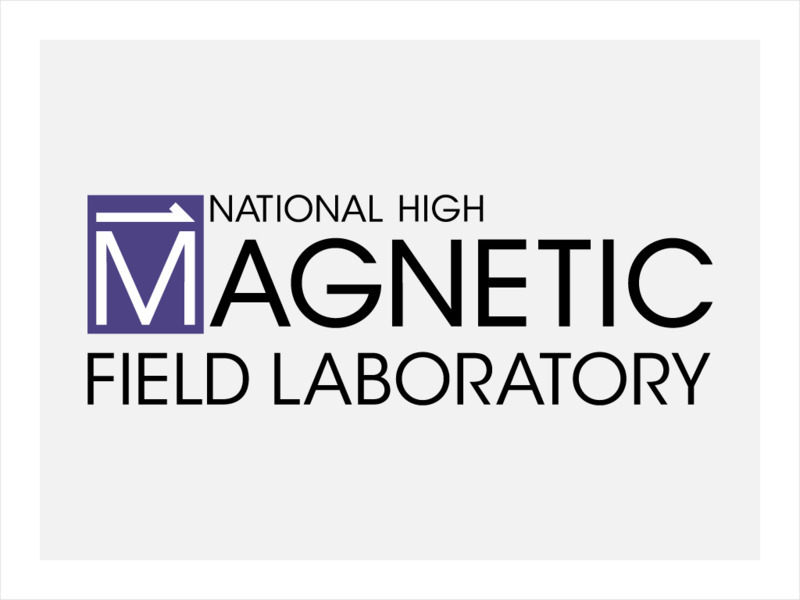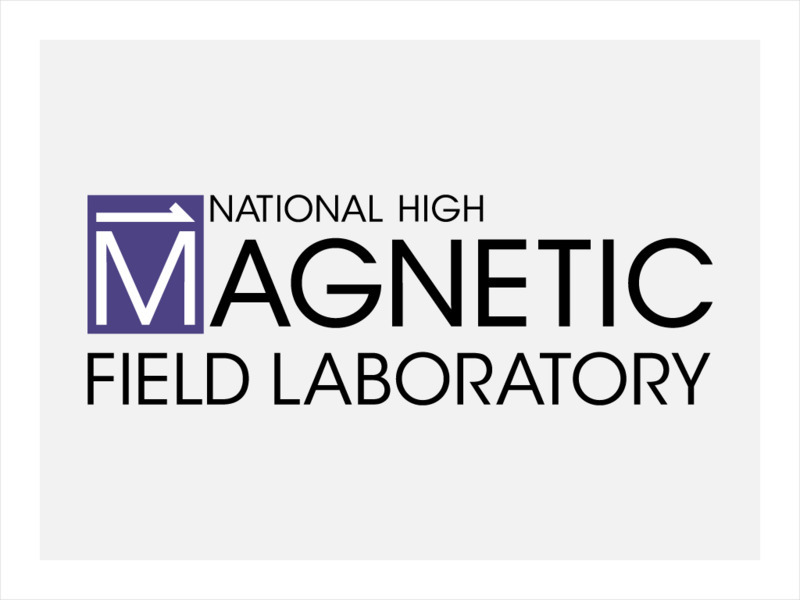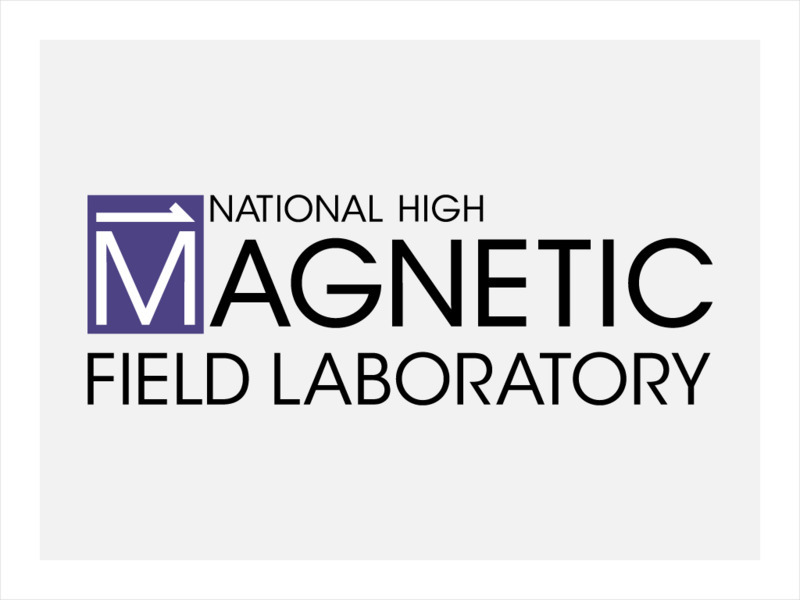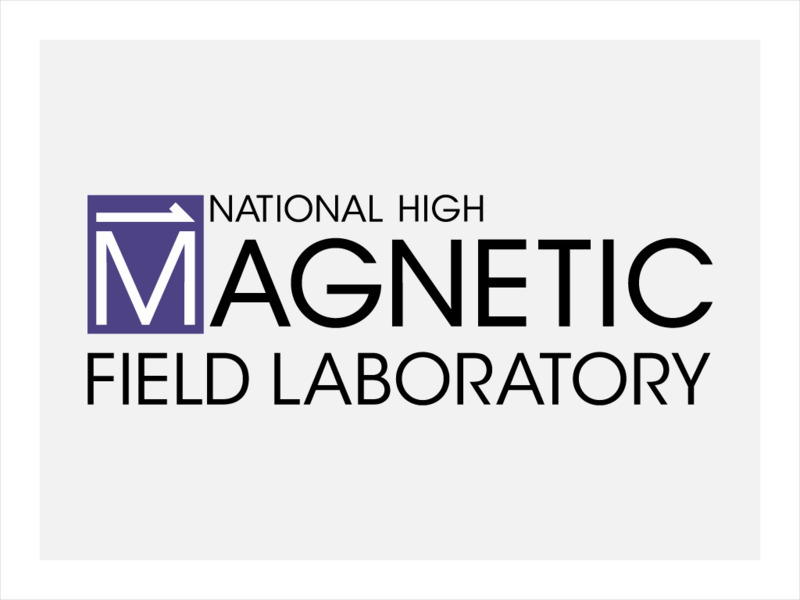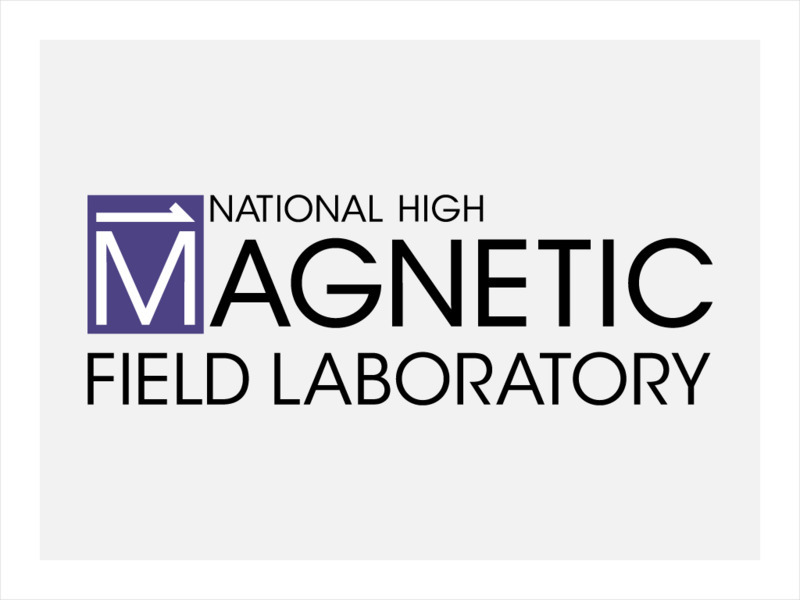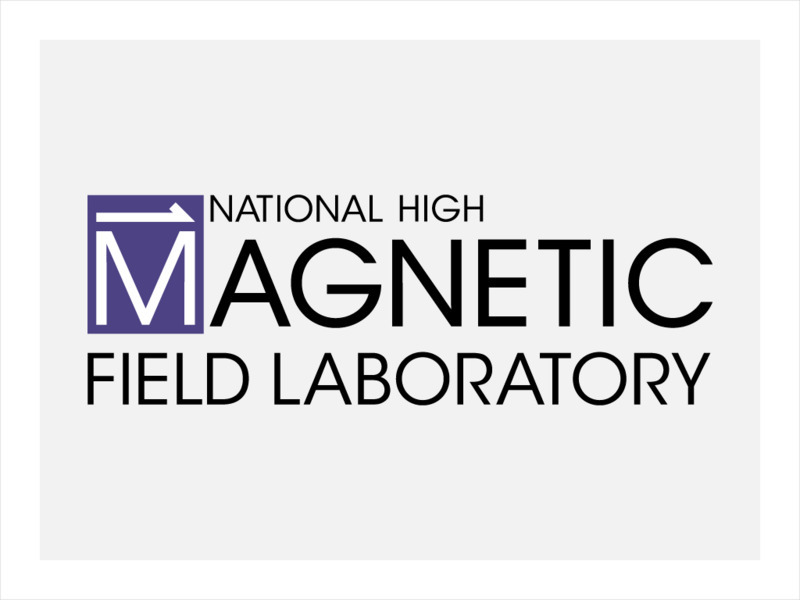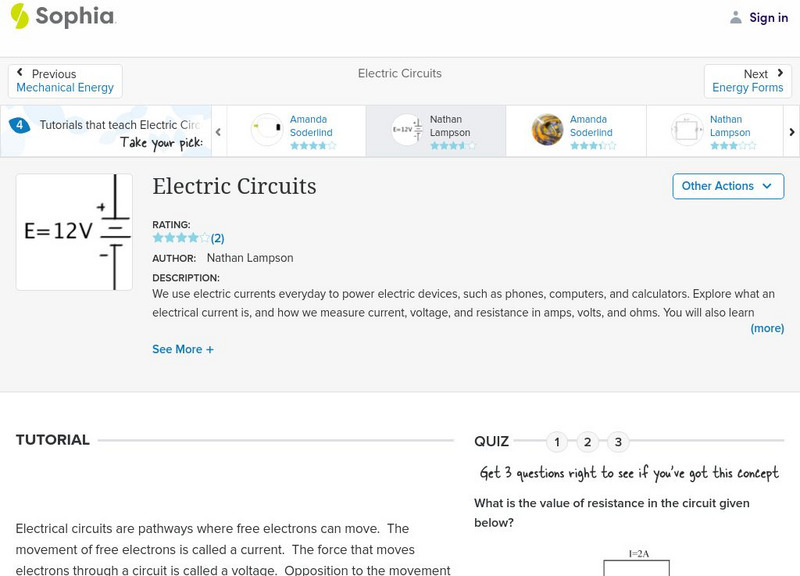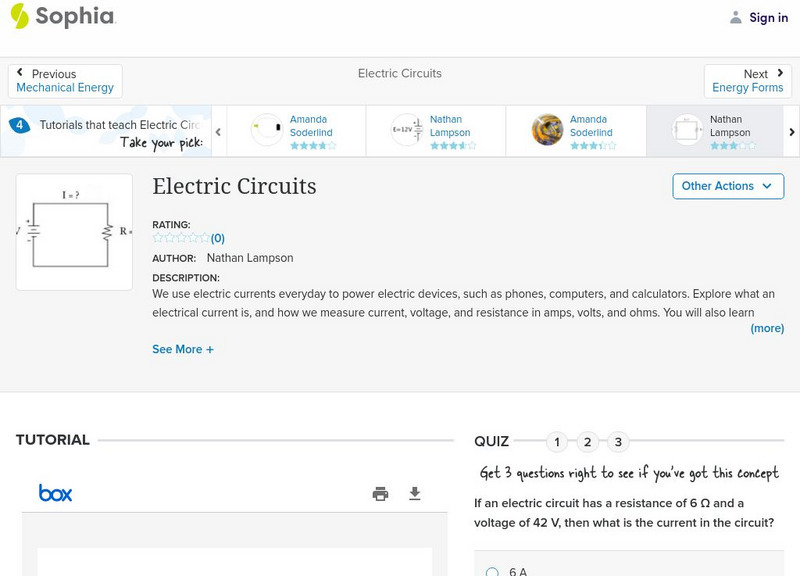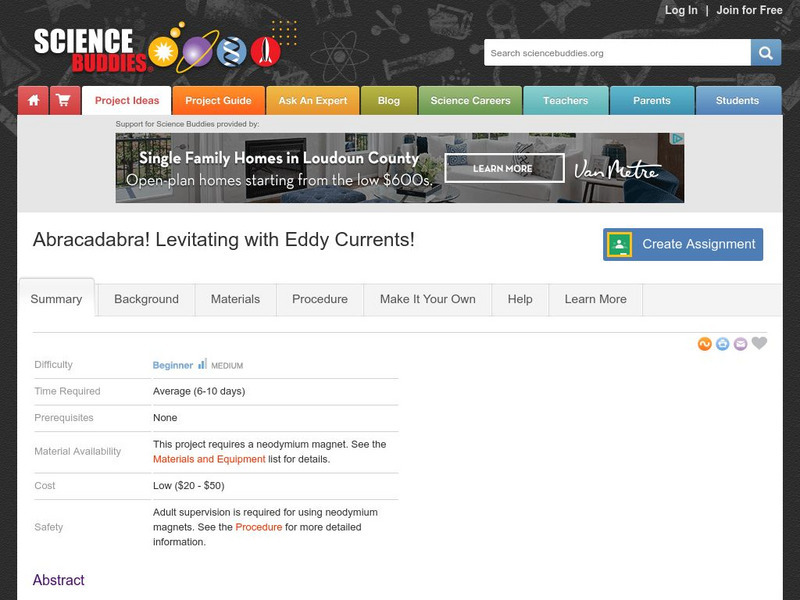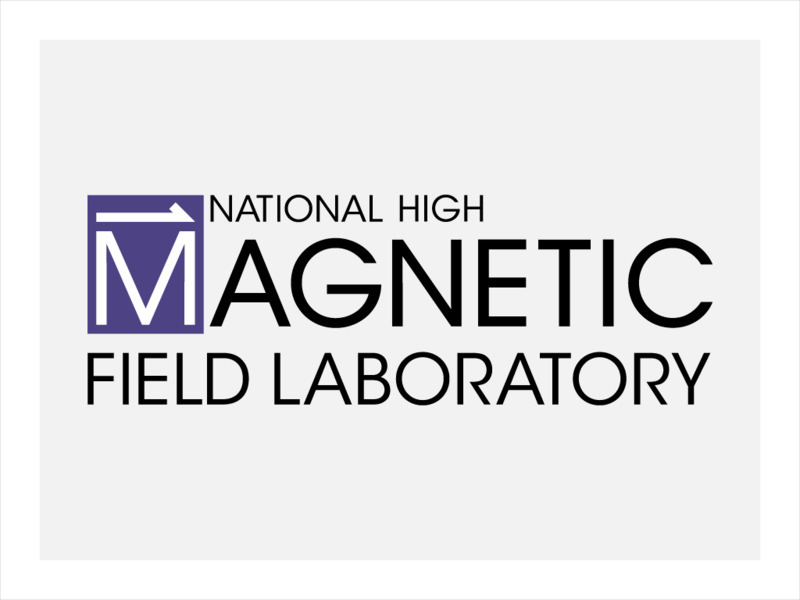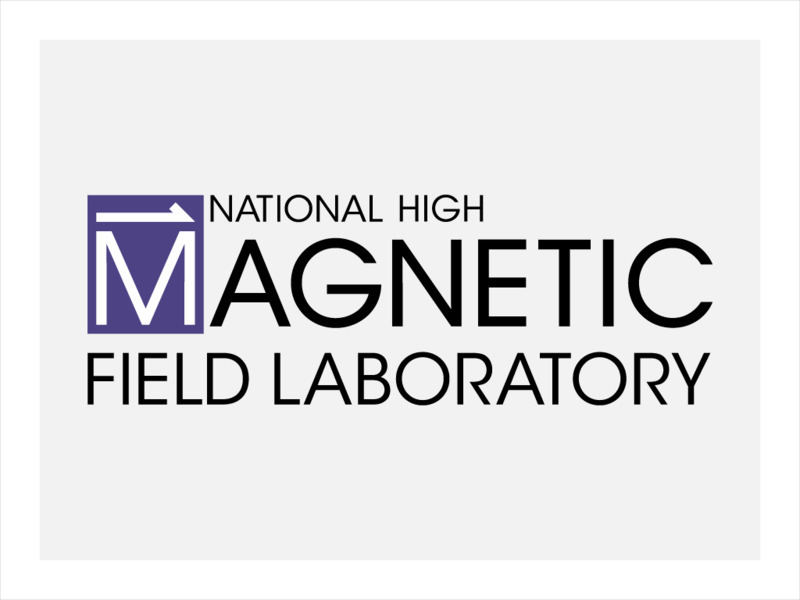National High Magnetic Field Laboratory
Magnet Academy: Induced Current
A current can be induced in a conducting loop if it is exposed to a changing magnetic field. (Java tutorial)
National High Magnetic Field Laboratory
Magnet Academy: Maglev Trains 1984
The railroad industry began in the frontier days, magnetic levitation has moved it squarely into the space age.
National High Magnetic Field Laboratory
Magnet Academy: Anders Celsius
Anders Celsius is most familiar as the inventor of the temperature scale that bears his name. The Swedish astronomer, however, also is notable as the first person to make a connection between the radiant atmospheric phenomenon known as...
National High Magnetic Field Laboratory
Magnet Academy: Oersted Satellite, 1999
Named in honor of Danish physicist Hans Christian Oersted, Denmark's first satellite has been observing and mapping the magnetic field of the Earth.
National High Magnetic Field Laboratory
Magnet Academy: Walther Meissner
Walther Meissner discovered while working with Robert Ochsenfeld that superconductors expel relatively weak magnetic fields from their interior and are strongly diamagnetic. This phenomenon, commonly known as the Meissner effect or the...
National High Magnetic Field Laboratory
Magnet Academy: John Ambrose Fleming
John Ambrose Fleming was an electronics pioneer who invented the oscillation valve, or vacuum tube, a device that would help make radios, televisions, telephones and even early electronic computers possible. A brilliant innovator,...
National High Magnetic Field Laboratory
Magnet Academy: Electromagnetic Induction
In 1831, Michael Faraday carried out numerous experiments to prove that electricity could be generated from magnetism. He not only demonstrated electromagnetic induction, but also developed a good conception of the processes involved....
South Carolina Educational Television
Know It All: Understanding Electricity | Nasa Online
If you want to understand electricity, you first need to know a little about matter, atoms and electrons.
Cosmo Learning
Cosmo Learning: Applied Science and Technology 210: Electrical Engineering
A collection of video lectures from a course that explores the application of electrical engineering topics. Webpage includes twenty-eight lectures from a professor at the University of California, Berkeley. Lectures vary in length and...
National High Magnetic Field Laboratory
Magnet Academy: Kelvin Water Dropper
The legendary Lord Kelvin made electricity from water with this ingenious electrostatic generator. (Java tutorial)
National High Magnetic Field Laboratory
Magnet Academy: Inductive Reactance
Like resistance, reactance slows an electrical current down. Explained by Lenz's Law, this phenomenon occurs only in AC circuits. (Java tutorial)
Sophia Learning
Sophia: Electric Circuits: Lesson 2
This lesson will explain how to calculate voltage, current, and resistance in simple electric circuits. It is 2 of 4 in the series titled "Electric Circuits."
Sophia Learning
Sophia: Electric Circuits: Lesson 4
This lesson will explain how to calculate voltage, current, and resistance in simple electric circuits. It is 4 of 4 in the series titled "Electric Circuits."
Science Buddies
Science Buddies: The Strength of an Electromagnet
Has anyone ever told you that you have a magnetic personality? Have you ever heard that opposites attract? These common phrases are both based on the properties of magnets and magnetic electricity. In this science fair project, learn how...
Science Buddies
Science Buddies: Abracadabra! Levitating With Eddy Currents!
Did you know that not all trains run on tracks? Some of the world's fastest trains are magnetic levitation trains (maglev). This means that the carriage of the train is suspended over the rails with no support, but only with magnetic...
Florida State University
Florida State University: Inductance
This article surveys inductance and its different forms. It discusses numerous topics associated with inductance such as Faraday's Law, self and mutual inductance, inductors, and magnetic field lines.
National High Magnetic Field Laboratory
Magnet Academy: Right and Left Hand Rules
No fancy movement in this tutorial, but these rules come in very handy when trying to understand some of what's going on in our other tutorials.
Cosmo Learning
Cosmo Learning: Physics Ii: Electricity and Magnetism
A collection of video lectures from a fundamentals of physics course taught at Massachusetts Institute of Technology. The course is the second in the sequence and focuses on electricity and magnetism The videos feature topics on...
National High Magnetic Field Laboratory
Magnet Academy: Faraday Motor 1821
Few inventions have shaped technology as much as the electric motor, but the very first version - the Faraday motor - didn't look anything like the modern motor.
National High Magnetic Field Laboratory
Magnet Academy: Davenport Motor 1834
Odd though it seems today, when Thomas Davenport was selling one of the first electric motors way back in the 1830s, nobody was buying.
Ducksters
Ducksters: Kids Science: Magnetism
Kids learn about the science of magnetism. Mysterious force together with electricity.
Mocomi & Anibrain Digital Technologies
Mocomi: What Is Magnetic Field?
Magnets can be used as toys, tools, and more. Identify how magnets work, what a magnetic field is, as well as what a magnetic force is.
Other
Science Toys: Magnetism
This site describes how to make several toys with magnets. It also gives an explanation of how they work and where to get the right kind of magnets.
Science for Kids
Science Kids: Science Quizzes: Electricity Quiz
A ten-question trivia quiz to check general knowledge about electricity.


